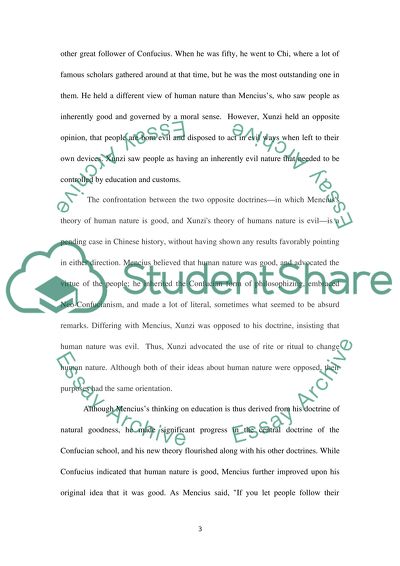Critical reflection / book review about Chinese philosophy Essay. Retrieved from https://studentshare.org/philosophy/1582950-critical-reflection-book-review-about-chinese-philosophy
Critical Reflection / Book Review about Chinese Philosophy Essay. https://studentshare.org/philosophy/1582950-critical-reflection-book-review-about-chinese-philosophy.


